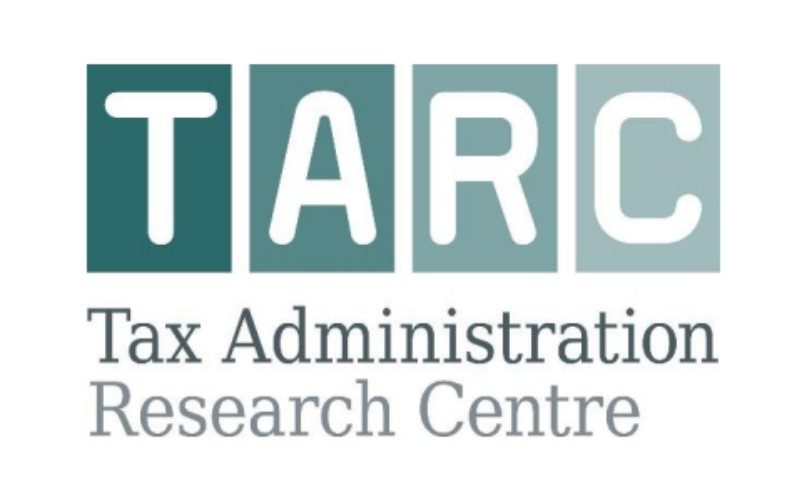Manohar Samal, Principal Associate at Ratan Samal & Associates, Mumbai, India; Arbitrator at the Indian Institute of Arbitration and Mediation, Cochin, India. Email: manohar@ratansamalassociates.com
My research commentary, Solving Challenges in the Levy and Collection of the Goods and Services Tax on Virtual Digital Assets (Cryptoassets) in India, published in The Journal of Tax Administration’s recent special issue, 9(1): The Taxation of Cryptoassets, delves into the intricate challenges faced by the cryptoasset industry in respect of the levy of Goods and Services Tax (GST) in India with the aim of alleviating such challenges.
Cryptoassets and the GST: The Challenges Involved
My commentary discusses the concept, definition, and ambit of cryptoassets (or “virtual digital assets”) under Indian law and proceeds to analyse the characteristics of the GST in India. Thereafter, the specific challenges faced in the levy of GST on cryptocurrencies, crypto exchanges, non-fungible tokens, non-fungible token marketplaces, security tokens, and other blockchain services providers, such as miners and validators, are presented.
The Levy of GST on Virtual Digital Assets: Solutions
While considering the challenges, I also present potential solutions that can assist with the clear and unambiguous interpretation of the levy of the GST on the virtual digital assets (cryptoassets) industry. The commentary investigates potential solutions to the challenges faced in the classification of cryptoassets, the ascertainment of their nature as goods or services, the way in which they are valued for tax, and how their taxation is enforced and administered by the tax authority through the lens of the GST on virtual digital assets (cryptoassets).
References
- Samal, M. (2024). Solving challenges in the levy and collection of the goods and services tax on virtual digital assets (cryptoassets) in India. The Journal of Tax Administration, 9(1), 103–114. https://jota.website/jota/article/view/166

